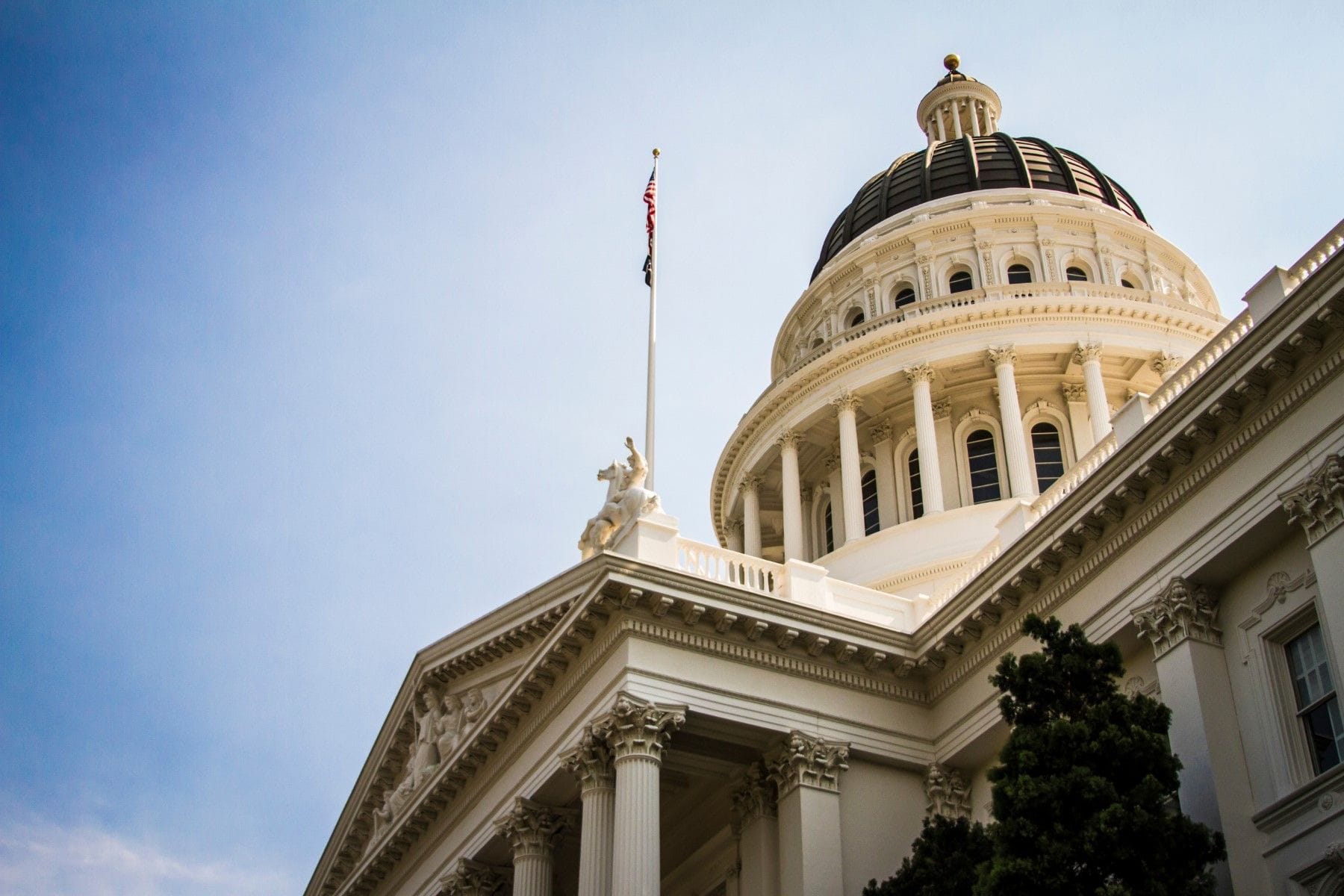California Expert Witness Report Rules
California's expert witness rules prioritize mutual information exchange over formal reports, emphasizing declarations to summarize qualifications and testimony.
Updated on
In this article
Are Expert Witness Reports Required in California?
In California, expert witness reports are not explicitly required under state law or court rules. Instead, California law mandates a mutual exchange of expert witness information before trial in state court. Upon demand by any party, or by default 50 days before trial, all parties must simultaneously serve expert disclosures. This disclosure includes a list of expert witnesses along with an “expert witness declaration” summarizing each expert’s qualifications, the general substance of their testimony, and the basis of their opinions (Cal. Code Civ. Proc. §§ 2034.210–2034.300).
Timing of Disclosure
The timing of expert disclosures in California is governed by procedural rules that require exchanges to occur either upon a party's demand or automatically 50 days prior to trial. This ensures that all parties are adequately prepared for trial and have the opportunity to depose disclosed experts, as authorized by Cal. Code Civ. Proc. § 2034.410.
What is Required in a California Expert Witness Report?
While California does not require traditional expert witness reports as in federal court, the expert witness declaration serves a similar purpose. This declaration must include:
- The expert’s qualifications
- The general substance of their testimony
- The basis of their opinions
The declaration must effectively convey the expert’s opinions and the facts supporting them, even though a formal written report is not mandated (Cal. Code Civ. Proc. §§ 2034.210–2034.300).
State-Specific Requirements
California’s approach deviates from the federal standard by not necessitating comprehensive written reports. Instead, the focus is on the expert witness declaration, which satisfies state-specific disclosure requirements by summarizing critical elements of the expert's testimony.
Scope and Authorship of the Report
In California, the expert witness declaration is primarily drafted by the expert, although attorneys may assist in assembling the content. The expert must sign the declaration to affirm its accuracy and completeness. Attorney involvement is limited to facilitating the expert's articulation of their qualifications and opinions without unduly influencing the substance of the testimony.
Variability Based on Testimony Type
The scope of the expert witness declaration may vary depending on the type of expert testimony or the nature of the case. For instance, in complex litigation, more detailed declarations might be required to adequately cover intricate technical or scientific issues.
Missing, Deficient, and Untimely Reports
Failure to properly disclose an expert or the substance of their testimony can lead to significant consequences. The court may exclude the expert’s testimony at trial, which can severely impact a party’s case strategy (Cal. Code Civ. Proc. §§ 2034.210–2034.300).
Consequences of Non-Compliance
- Exclusion of Expert Testimony: A common sanction for failing to meet disclosure obligations.
- Sanctions: The court may impose penalties on parties who do not comply with procedural requirements.
- Continuances: In some cases, the court may grant continuances to allow for proper disclosure.
Original, Supplemental, and Rebuttal Reports
California procedural rules do not explicitly define supplemental or rebuttal expert reports. However, additional disclosures may be required if an expert’s opinion changes significantly after the initial declaration. Courts expect timely updates to the disclosed information to prevent unfair surprise and ensure a fair trial process.
Handling of Disputes
Disputes over expert witness disclosures are typically resolved through court orders, emphasizing the importance of adherence to procedural rules and timely communication between parties.
Relevant State Rules and Legal Requirements
California governs expert witness disclosures through its Code of Civil Procedure, specifically Cal. Code Civ. Proc. §§ 2034.210–2034.300, and § 2034.410 for depositions. These statutes outline the procedural framework for expert exchanges and are interpreted by state courts to ensure compliance and fairness.
Key Legal Interpretations
- Court Authority: Judges have discretion in enforcing disclosure requirements and managing expert testimony.
- Case Law: While specific cases interpreting these statutes may vary, the general principles of fair disclosure and trial preparation are consistently upheld.
Notable Differences from Federal Practice
Unlike the federal system, which requires detailed expert reports as per Fed. R. Civ. P. 26, California emphasizes the expert witness declaration without necessitating formal reports. This distinction highlights a more streamlined approach in state court, focusing on essential information exchange rather than exhaustive documentation.


